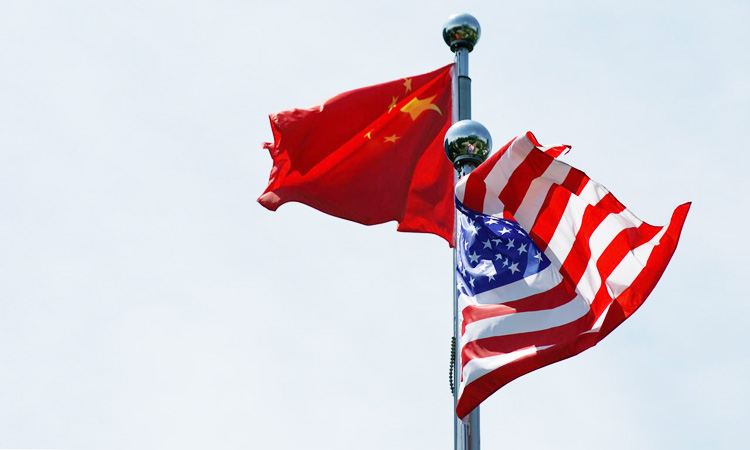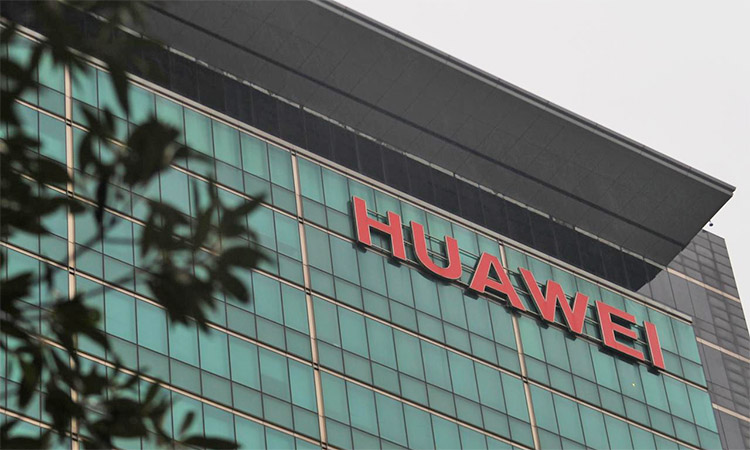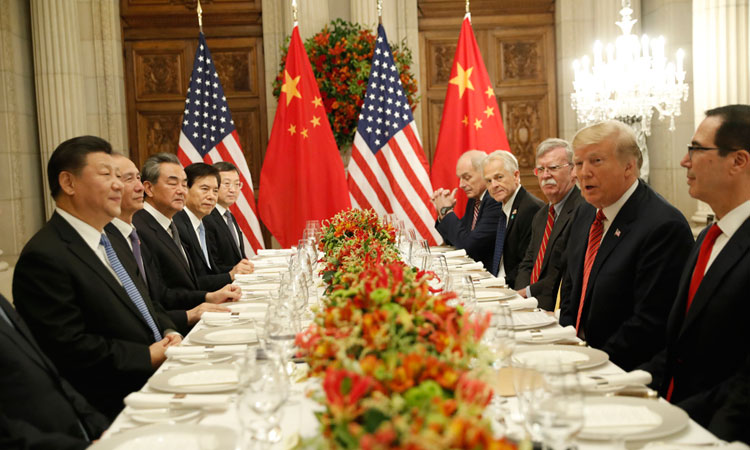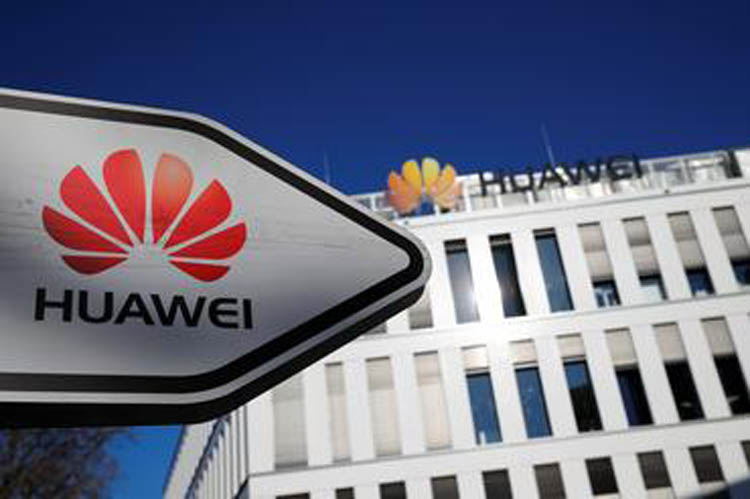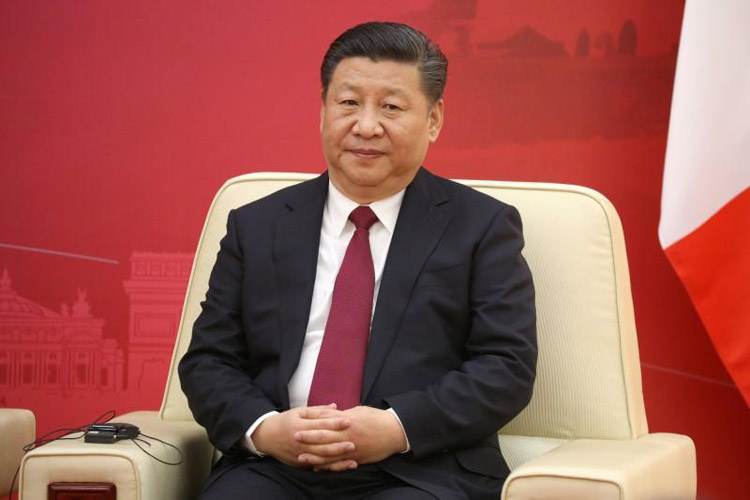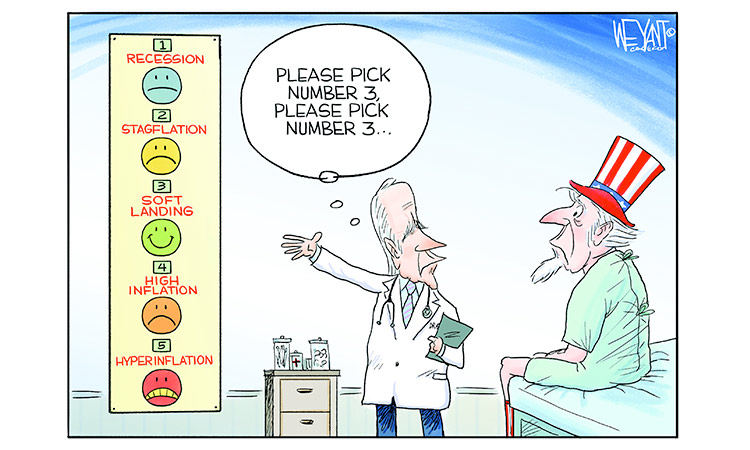Why is the US waging war on China’s Huawei?
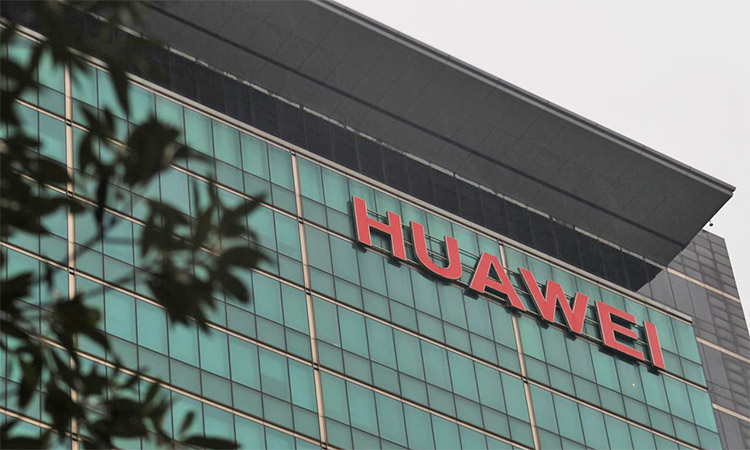
Huawei's headquarters in Shenzhen, China.
Henry C. Lucas, Tribune News Service
It is unusual for a country to wage war on a company, which makes the ongoing United States-Huawei dispute so strange and disconcerting. The Trump administration has prohibited US firms from doing business with the Chinese tech behemoth and is trying to convince other countries to ban Huawei equipment from their 5G networks. Huawei is not being accused of having done anything illegal; the case is based on actions the company might take.
The public arguments – for example, those from US Secretary of State Mike Pompeo – are that having Huawei equipment in the networks puts “American information that crosses the networks at risk.” Since the Chinese government has an interest in Huawei, it could order the company to allow it access to data flowing across the network.
Cyber-mischief is hardly new. We long have been fighting viruses, the theft of information and intellectual property, attacks on different firms, attacks between countries and ransomware. (Baltimore officials are still recovering from a recent ransomware attack.) There is a cybersecurity industry devoted to helping organisations protect themselves against such attacks, and companies have Security Operations Centers that monitor systems. One large bank is rumoured to have 1,000 security employees.
The best way to ensure that others cannot benefit from your information is to encrypt your data. Spies throughout history have practiced the encryption of secret messages. The Caesar Cipher is one of the earliest (and simplest): The algorithm is that each letter of the message to be encoded is shifted x places down in the alphabet. With a shift of 1, A is replaced by B, B by C and so on. Modern encryption involves using a key and an algorithm, for a system that’s far harder to decode.
When you purchase a product online, you interact with a URL that uses SSL, or Secure Sockets Layer, which establishes an encrypted link between a browser and a server, shielding your credit card and other information from hackers. If you explore Gmail, you will find that Google encrypts most messages. Amazon Web Services supports client-side encryption for sending and retrieving data from its cloud and provides encryption for data stored in its cloud.
It would seem that most users of the technology know that to protect their data, they need to encrypt it. The chances of Huawei using its 5G equipment to steal and understand information would be very low if data are encrypted.
Some US intelligence figures say they are concerned that the Chinese government could force Huawei and other Chinese companies to shut down the networks built with their equipment. But how likely is this highly disruptive scenario? It would certainly be self-destructive for the Chinese companies involved as their customers would replace their equipment as quickly as possible, fearing another shutdown.
The internet is designed to be robust and to continue working even if one part fails. Shutting down a 5G network in a country would be disruptive, but it wouldn’t bring down the internet.
The war on Huawei has several consequences. First, the company is a large vendor of cellphones outside of the United States and its customers will not have access to the full version of Google’s Android phone operating system, nor to Google apps. The company would not be able to buy the US chips it has been using in its phones. Huawei has reportedly not developed the sophisticated chips needed for today’s cellphones, but the trade war could force it to do so. As a result, US chip makers and others will lose business, and Huawei may develop competing technologies to challenge their sales.
Possibly the war on Huawei is part of a negotiating strategy on trade with China that has nothing to do with technology.
There is no security reason to shut off American chips and software for Huawei phones. The challenge for Huawei and engineers designing 5G systems is to create networks with enough safeguards and redundancy that Huawei could not shut them down on orders from Beijing. Then let the market decide what equipment to use for 5G networks.
